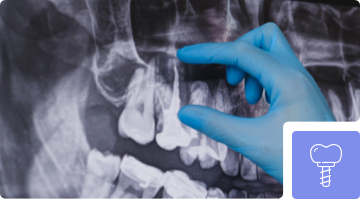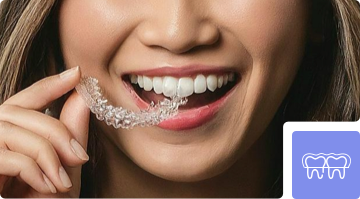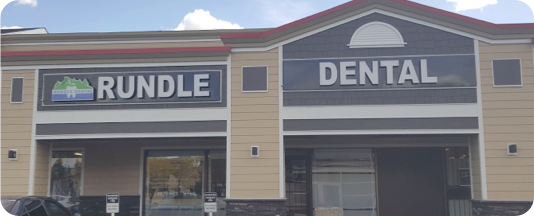A chipped tooth can cause discomfort and self-consciousness, making us hesitant to showcase our smiles. Whether it resulted from chomping on a hard item or an accidental stumble, such dental mishaps are usually unforeseen and can leave us concerned about the aesthetic appeal of our teeth.
From quick remedies to enduring resolutions, we’ve curated all the details you require to approach a broken tooth. Potentiate your dental wellness by making enlightened choices based on our gathered insights.
In order to mend a cracked tooth, your dental practitioner will examine the break and then advise whether you require bonding, veneers, a crown, a root canal, or an extraction. Depending on the seriousness, one or multiple dental treatments may be needed.
Types of Chips & Treatment Options
When dealing with anything from a small chip to substantial damage to your teeth, it’s critical to consult with a dental professional immediately. Dental treatment options are abundant, encompassing procedures like dental bonding, veneers, and crowns. Your dentist is equipped to identify the best solution tailored to your unique circumstances.
Minor Chip
Bonding Process
Bonding offers a fast and efficient solution to enhance your tooth’s look. In this procedure, we apply a resin material, colour-matched to your natural teeth, to the affected chip before hardening it with a unique light. The end result is a flawless integration with your natural tooth shade for a seamless look.
Moderate Chip
Veneers & Crowns
Veneers, slim porcelain casings adhered to the surface of your teeth, offer a permanent and authentic aesthetic enhancement.
Conversely, crowns fully encapsulate the compromised tooth, offering not only superior resilience and robustness, but also aesthetic improvement.
In the end, your decision to opt for veneers or crowns hinges on the severity of the tooth damage, the general health of the tooth, and what suits your personal preferences.
Severe Chip
Root Canal or Extraction
Root canal therapy makes it possible to rescue your ailing tooth, a choice that’s often welcoming. This intervention eliminates the infected or inflamed pulp from inside your tooth, filling the now-empty space with a protective substance. Most commonly, a crown is suggested post-procedure to maximize tooth preservation.
The process of extraction equates to the complete removal of the tooth. While it might appear to be the simplest solution, it should only be thought of in dire circumstances. Typically, following such a procedure, it’s advised to consider an implant.
Why Fix a Chipped Tooth?
While a chipped tooth might seem like a small nuisance, addressing it promptly is vital to prevent future issues. There’s an increased risk of additional damage with a chipped tooth, given that the exposed inner layers are susceptible to both decay and infection.
A chipped tooth isn’t just a minor inconvenience. It can actually compromise the structural integrity of your teeth, potentially causing misalignment or bite issues. Neglecting a chipped tooth can also have a direct impact on your self-confidence, as it can tarnish the aesthetic of your radiant smile.
Take These Precautions Before Seeking Dental Treatment
Spotted a chipped tooth? It’s time to get on the line with your dentist and book an appointment pronto. In the meantime, we’ve got some sage advice for you to follow which can help reduce the pain and enhance your overall dental health.
Avoid Hard, Sticky Foods
Foods of this nature can exacerbate the problem, particularly if dental troubles are already in place. Rather, choose mellower foods that are more considerate to your teeth.
Rinse with Salt Water
Finding relief for a chipped tooth could be as simple as a warm salt water rinse. Combine a teaspoon of salt with a cup of cozy water, and swish this soothing mixture in your mouth for around 30 seconds to temporarily ease the toothache.
Post-Treatment Care for a Chipped Tooth

Once you’ve had your chipped tooth attended to, there are a few guidelines to ensure proper aftercare.
- Stay clear of hard or crunchy food items for the next couple of days, giving the repair adequate time to solidify.
- Should any discomfort arise, don’t hesitate to take over-the-counter pain relievers as instructed by your dental professional.
- Maintain oral hygiene by gently brushing and flossing, being careful not to exert undue pressure on the mended tooth.
- Make sure to keep up with any scheduled follow-up visits to your dentist.
By meticulously looking after your repaired chipped tooth, you can considerably enhance the longevity of the repair and avert potential oral health complications in the future
Get Help with a Chipped Tooth in Calgary
If you have a chipped tooth, contact us at Rundle Dental to book an appointment to have the chip looked at. We’re here to help care for your teeth and long-term oral health.










